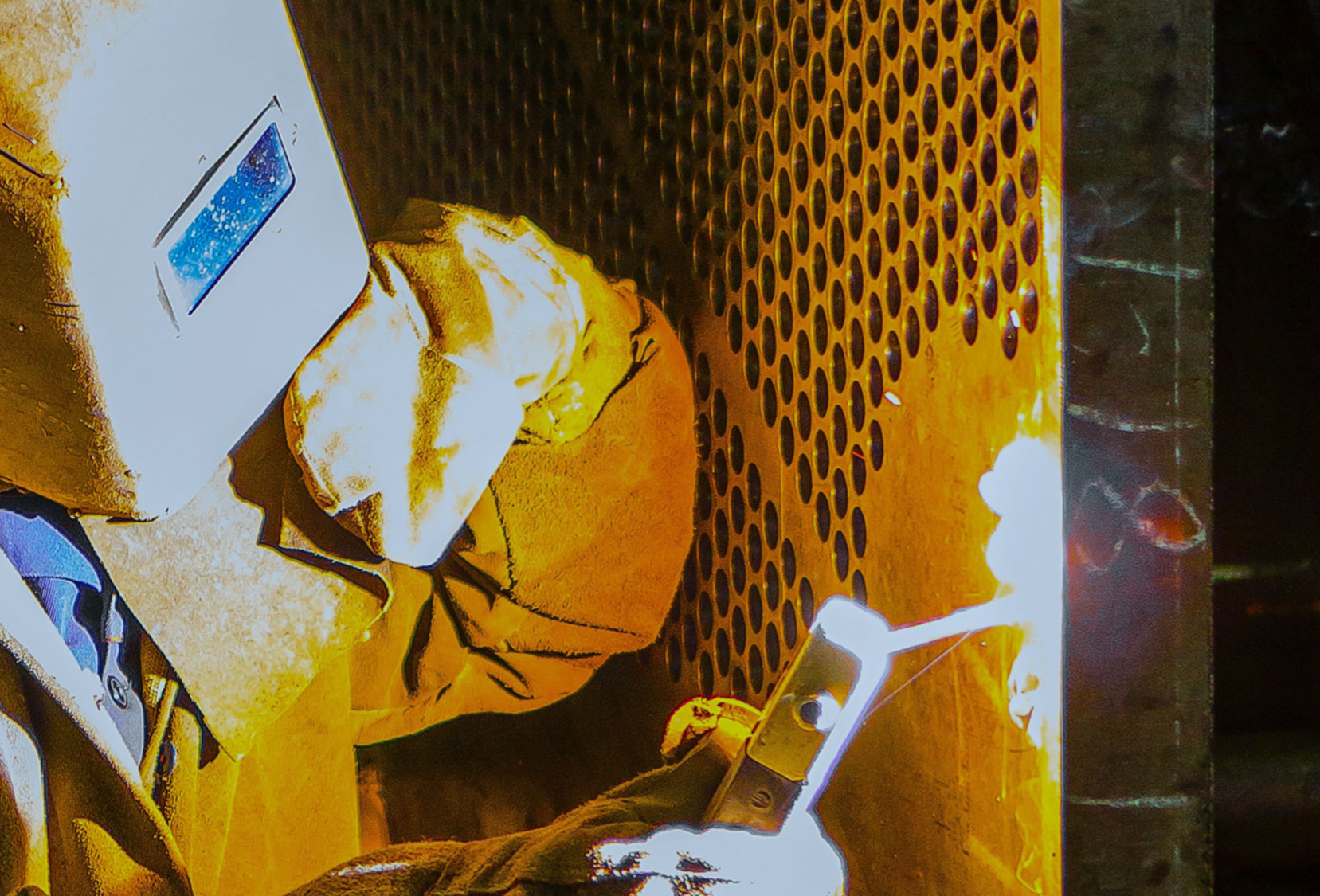Every industry faces difficult challenges year after year, and the construction industry is no exception. To ensure a successful project, companies should be prepared for these 3 conditions facing industrial construction today: workforce challenges, volatile pricing, and new emerging technologies.
Workforce Challenges: Many skilled laborers are retiring or leaving the industry, creating a need for more skilled workers. Another major factor in play within the construction industry is the stigma blue-collar work carries among many younger workers. In fact, the average age of a construction worker in the U.S. in 2020 was 42.5 years old. These challenges make it difficult to find experienced workers that are up to date on safety and quality standards. And bidding processes become more competitive as contractors compete for a limited pool of skilled workers.
What can you do? To attract from all parts of the labor pool and upskill experienced workers, companies should look into:
- Providing competitive wages
- Building unique benefits for workers such as offering flexibility, health andwellness benefits, sign-on bonuses, and more days off
- Investing in training and career development programs
- Increasing outreach efforts by encouraging high school students to attend trade schools, and trade school students to join the construction industry
Volatile Pricing: Industrial construction projects require a large quantity of materials as well as labor, making them especially susceptible to fluctuating prices. Although supply chain disruptions are easing, the current global economic climate is expected to remain volatile throughout the next year, with commodities such as steel and concrete subject to sharp swings in pricing.
To remain competitive, contractors should follow these practices:
-
- Monitor supplier prices and labor cost trends.
- Exploit digital technologies to enhance procurement processes
- Choose suppliers that offer more predictable pricing models
- Work with project owners to agree on a price escalation strategy
- Plan for cost reductions from better job-site management and productivity optimization
- Buy in bulk where possible
New Industrial Construction Technology: The construction industry is beginning to leverage some pretty cool technology in innovative ways.
These emerging technologies are revolutionizing the industry by improving safety on the job site, streamlining production processes, and increasing efficiency.
Here are 9 tech solutions that are on the rise:
-
-
- Construction Drones: Drones help construction companies survey, inspect and map worksite areas.
- Automated prefabrication and modular construction: Prefabrication and modular construction provide an efficient, cost-effective way to build structures.
- Virtual reality (VR) training for workers: VR training allows workers to become familiar with a job site and its conditions before arriving on the jobsite.
- AI-based materials safety testing: AI-based safety testing can identify potential risks and hazards before they become a problem.
- Autonomous robotic construction equipment: Autonomous robotic equipment can reduce labor costs and improve safety on the construction site.
- Self-healing building materials: Self-healing building materials can detect cracks, leaks and other problems and repair them automatically.
- BIM — Building Information Modeling: BIM allows everyone to work from the same models which reduces errors, increases the accuracy of construction bids, facilitates better communication, and makes it easier to share audit history and other information.
- 3D Construction Printing: 3D printing can quickly and accurately construct large-scale structures in a fraction of the time it would take for manual labor.
- Sustainable Technology: Green technologies such as solar power, biodegradable materials, and low-carbon cross laminated timber (CLT) are becoming more popular for industrial construction projects.
-
Although inflation and workforce challenges continue to impact industrial contractors, these practices and emerging technologies will help you deliver your project on time and on budget.



